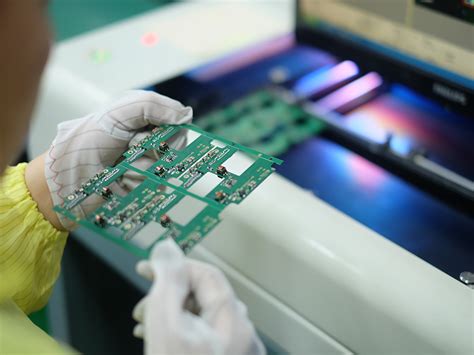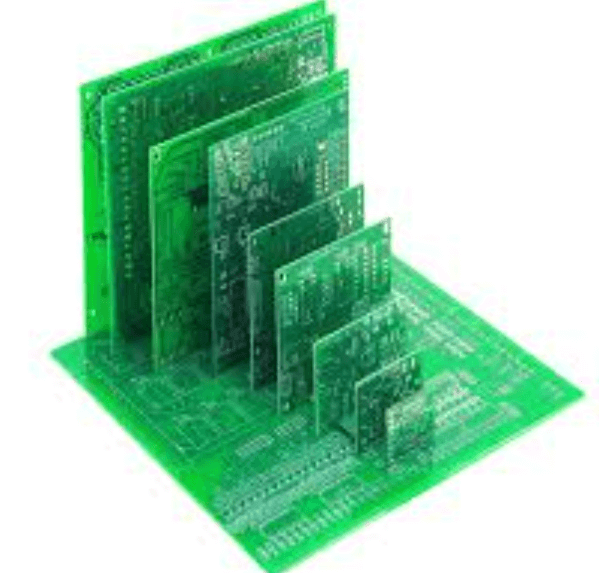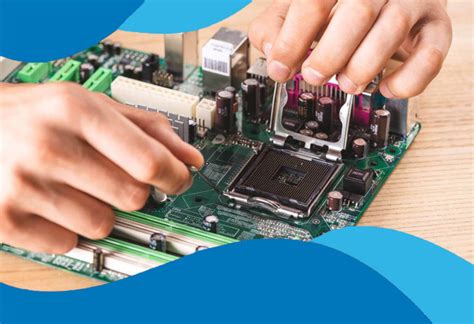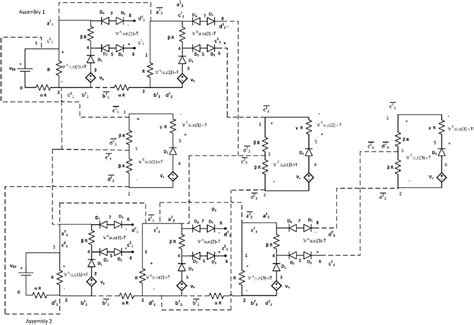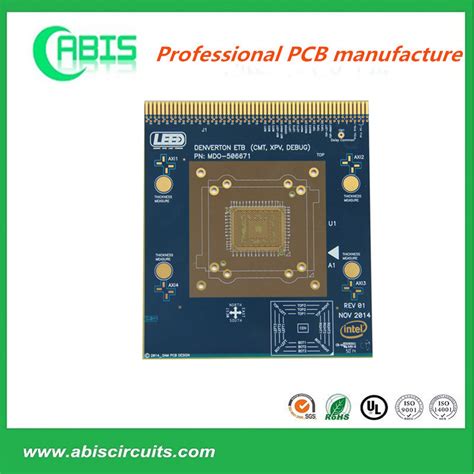Choosing the Right Custom PCB Manufacturer for Your Needs
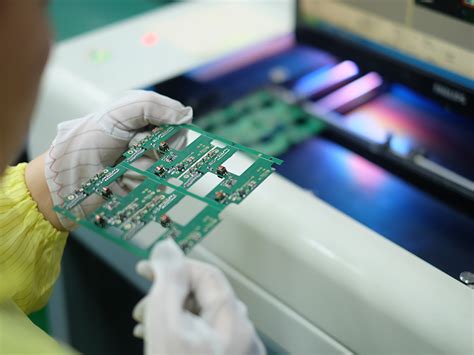
Key Takeaways
When selecting a custom PCB manufacturer, it’s crucial to remember that quality should be your top priority. The reliability of your final product heavily depends on the PCB manufacturing standards employed by the company you choose. Understanding the different pcb manufacturing technologies and techniques used in their processes can give you insights into their capabilities and how well they can accommodate your design specifications. Additionally, be mindful of pcb manufacturing cost; while it may be tempting to go for the lowest price, it’s essential to balance cost with quality and durability. Evaluating the overall value provided by different PCB manufacturing companies ensures that you are making a sound investment in your project’s success. Timely delivery is another critical factor, as delays in production can significantly impact your deadlines and project milestones. By maintaining open lines of communication with your chosen manufacturer, you can ensure that any issues are addressed promptly, resulting in a smoother collaboration. Remember to verify any certifications or standards that the manufacturer adheres to, as this can further validate their commitment to providing high-quality products within the expansive pcb manufacturing business landscape.
Understanding the Importance of Quality in PCB Manufacturing
When it comes to PCB manufacturing, the quality of the PCBs you receive can significantly affect the performance and reliability of your electronic products. It is crucial to understand that not all PCB manufacturing companies are created equal; hence, selecting a manufacturer that prioritizes quality makes a substantial difference in your project’s success. High-quality PCB manufacturing ensures that your boards are made from durable materials, exhibit excellent conductivity, and are free from defects like delamination or warping.
A focus on quality will also impact the overall costs involved in the PCB manufacturing business. Although you may find cheaper options among various PCB manufacturing companies, opting for lower-cost manufacturers frequently leads to subpar products that might require extensive rework or replacement—a situation that can skyrocket your total PCB manufacturing cost. Investing upfront in a reputable manufacturer who adheres to strict quality standards is an effective way of minimizing long-term expenses and lowering potential risks associated with unreliable parts.
Additionally, manufacturers with a solid reputation for quality often employ advanced technologies and best practices in their production processes, contributing further to consistent output and reliability. Always remember that when you prioritize quality in your search for a custom PCB manufacturer, you are not only selecting a service provider but also ensuring a robust foundation for your entire project.
| Factor | Importance |
|---|---|
| Material Quality | Affects durability and performance |
| Production Techniques | Ensures reliability and reduces defect rates |
| Cost Efficiency | Impacts overall budget and project viability |
| Long-Term Reliability | Influences customer satisfaction and product feedback |
In conclusion, by focusing on quality within the realms of PCB manufacturing, you set yourself up for success in every facet of your project—ultimately leading to better products that enhance customer trust and engagement.
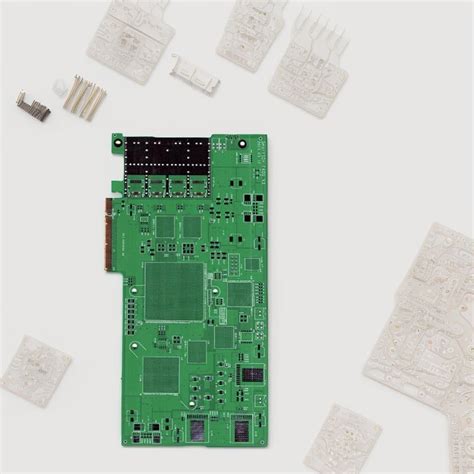
Evaluating Cost Factors in Custom PCB Production
When considering the cost factors in custom PCB production, you need to assess various elements that contribute to the overall PCB manufacturing cost. Initially, the complexity of your design plays a significant role—more intricate PCB manufacturing requests often entail higher expenses due to specialized materials and labor. Additionally, the quantity of PCBs you require cannot be overlooked; larger production runs generally reduce per-unit costs, making them more economical compared to smaller batches. Identifying reputable PCB manufacturing companies can also impact your budget; companies with a proven track record may charge higher prices for their expertise and reliable service, but this can lead to long-term savings by reducing errors and enhancing quality. Furthermore, don’t forget to account for ancillary costs such as shipping, testing, and potential revisions, which may not be evident at first glance but can significantly influence your total cost of PCB manufacturing. By carefully evaluating these factors and communicating your specific needs with potential partners, you can make informed decisions that align with your project budget while ensuring high-quality outcomes. For more insights into competitive pricing and services in the industry, consider visiting Andwin PCB.
Turnaround Time: How to Ensure Timely Delivery of Your PCBs
When engaging with pcb manufacturing companies, one of the most critical aspects to consider is turnaround time. This is the duration from the inception of your order to the delivery of your PCBs. To ensure timely delivery, it’s essential to establish clear expectations during the initial discussions with your selected manufacturer. Begin by asking about their standard delivery timelines and any factors that may affect these, such as order volume or complexity. Every project is different, and understanding their pcb manufacturing cost relative to speed can help you make informed decisions.
You should also consider manufacturers that offer expedited services or can accommodate rush orders without compromising quality. “A quick turnaround doesn’t always mean sacrificing quality; it’s about finding a balance that works for your project requirements,” suggests industry expert Paul R.
Moreover, staying in communication throughout the production process can significantly enhance service capabilities and reduce potential delays. Ensure you have a dedicated contact person who can provide updates and address any concerns promptly. This proactive approach not only helps in monitoring the progress but also fosters a relationship built on trust and reliability with your PCB manufacturing business partner.
Ultimately, by clarifying expectations upfront and maintaining an open dialogue, you position yourself for a seamless experience, making sure you receive your PCBs on time, every time.
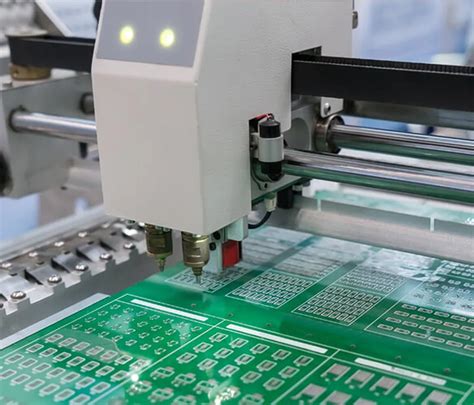
Service Capabilities: What to Look for in a Manufacturer
When selecting a custom PCB manufacturer, one of the most critical factors to consider is their service capabilities. You need a partner who can not only fulfill your pcb manufacturing needs but can also adapt to the specific demands of your project. Look for manufacturers that offer a wide range of services, including design support, prototyping, and post-production services. A company that provides comprehensive solutions can significantly streamline your project’s timeline and ensure consistency in pcb manufacturing cost.
Additionally, it’s beneficial to assess their customer service. A responsive and knowledgeable customer support team can make a substantial difference in addressing any concerns or technical issues that may arise during the production process. This ensures effective communication and aids in the collaborative development of your product, allowing for modifications as needed without significant delays.
Moreover, inquire about their capacity to handle various quantities. Whether you require small batch runs or larger-scale orders, you want to ensure that the pcb manufacturing business you choose has the infrastructure and flexibility to accommodate your volume needs without compromising quality or service performance. Finally, consider manufacturers who employ advanced technologies and updated techniques in their production processes—this enhances reliability and keeps costs efficient while providing high-quality outcomes. By focusing on these key aspects of service capabilities, you can find a manufacturer that aligns well with your project goals and requirements.
Assessing Manufacturing Technologies and Techniques
When it comes to selecting a custom PCB manufacturer, understanding their manufacturing technologies and techniques is essential for ensuring high-quality results. You should inquire about the types of PCB manufacturing processes they employ, as this can significantly affect the performance and reliability of your product. For instance, look for manufacturers who utilize advanced technologies such as surface mount technology (SMT) or through-hole technology, which are key in delivering superior boards suited for complex applications. Additionally, take into account the pcb manufacturing cost associated with these methods; sometimes, opting for newer technology might entail higher upfront expenses, but can lead to lower failure rates and reduced costs in long-term production runs. Consider the capabilities offered by various pcb manufacturing companies—some might excel in prototyping while others may focus on mass production or specialized designs. Assessing their flexibility and scalability within their production processes could provide valuable insights into how well they will support your evolving needs in the future. Ultimately, aligning your project’s specific requirements with a manufacturer’s technological prowess will lead to a more successful partnership in your pcb manufacturing business venture.
Checking Certifications and Standards for PCB Manufacturers
When selecting a custom PCB manufacturer, it is essential to delve into their certifications and adherence to industry standards. A reputable manufacturer should possess certifications such as IPC, ISO 9001, and UL. These certifications not only validate their commitment to quality in PCB manufacturing but also ensure compliance with regulations that govern the safety and reliability of electronic components. It is advisable to inquire how the manufacturer maintains these standards, as this can provide significant insight into their operational processes. Additionally, you should examine whether the manufacturer has been recognized in any quality assurance programs, which can further reflect their credibility in the ever-competitive landscape of PCB manufacturing companies.
Moreover, understanding the implications of certification on pcb manufacturing cost can help you make informed decisions. While manufacturers with robust certifications may have slightly higher costs, the investment often translates into better quality and reliability in your projects. In a thriving pcb manufacturing business, cutting corners can lead to future problems that might exceed initial savings, highlighting the importance of prioritizing certifications over mere price comparisons. Ultimately, checking for these credentials safeguards your interests while ensuring that your specific project requirements are met efficiently and effectively.
Building a Strong Communication Channel with Your PCB Partner
In the realm of pcb manufacturing, establishing a robust communication channel with your pcb manufacturing companies is crucial for the success of your project. When you initiate a partnership, it’s essential to foster open dialogue about your specific needs and expectations. Clear communication ensures that all parties are aligned on the project requirements, from initial design concepts to final deadlines. For example, discussing the pcb manufacturing cost upfront can help mitigate potential misunderstandings later in the process. Moreover, regular check-ins throughout production can help you stay informed about any challenges that might arise, enabling you and your partner to adapt swiftly and maintain project momentum. Always remember that your pcb manufacturing business thrives on collaboration; thus, nurturing this channel of communication will not only enhance the quality of the output but also build trust and reliability within your partnership. By investing time in developing effective communication strategies, you can ensure smoother workflows and ultimately achieve a successful product delivery tailored to your specific requirements.
Conclusion
Choosing the right custom PCB manufacturer involves weighing several factors that directly influence your project’s success. The quality of PCB manufacturing is paramount; you want to ensure that the materials and processes used meet stringent standards. This directly impacts the performance and reliability of your final product. Additionally, examining the cost factors involved in the PCB manufacturing business is crucial. You should seek a balance between affordability and standard, avoiding manufacturers that compromise quality for lower prices.
Furthermore, consider the manufacturer’s turnaround time. Timely delivery can be crucial for meeting project deadlines and getting your product to market faster. Alongside that, you should assess their service capabilities—how well they support clients before, during, and after production can significantly affect your experience. Partnering with reputable PCB manufacturing companies that possess advanced technologies will enhance overall quality while keeping your project on track. Being thorough in these evaluations ensures you find a manufacturer that aligns with your specific needs and helps bring your vision to life effectively.
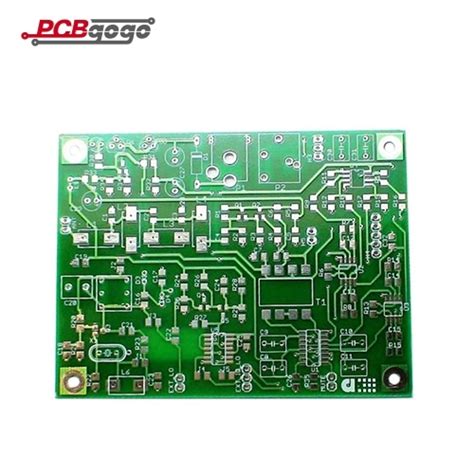
FAQs
What factors should I consider when choosing a custom PCB manufacturer?
When selecting a custom PCB manufacturer, it is essential to consider factors such as the quality of their products, their cost structure, the turnaround time they offer, and their service capabilities. You should also evaluate their manufacturing processes and any relevant certifications to ensure they meet industry standards.
How can I assess the quality of a PCB manufacturing company?
You can assess the quality of a PCB manufacturing company by reviewing their past projects, customer testimonials, and industry certifications. Requesting samples or conducting a test run may also be beneficial to evaluate the performance of their products in real-world applications.
What is the average cost associated with PCB manufacturing?
The average PCB manufacturing cost can vary significantly based on design complexity, materials used, and production volume. It’s wise to gather quotes from multiple manufacturers to compare prices while considering factors such as quality and service levels.
How long does it typically take for PCBs to be manufactured and delivered?
Turnaround times for PCBs can vary from one manufacturer to another. Generally, it can take anywhere from several days to several weeks, depending on order complexity and volume. Always confirm the expected timeline before placing an order.
What kind of customer support should I expect from a reliable PCB manufacturer?
A reliable pcb manufacturing business should offer robust customer support through various channels such as phone, email, or live chat. They should also provide clear communication about your order status and be responsive to any inquiries or concerns throughout the manufacturing process.

